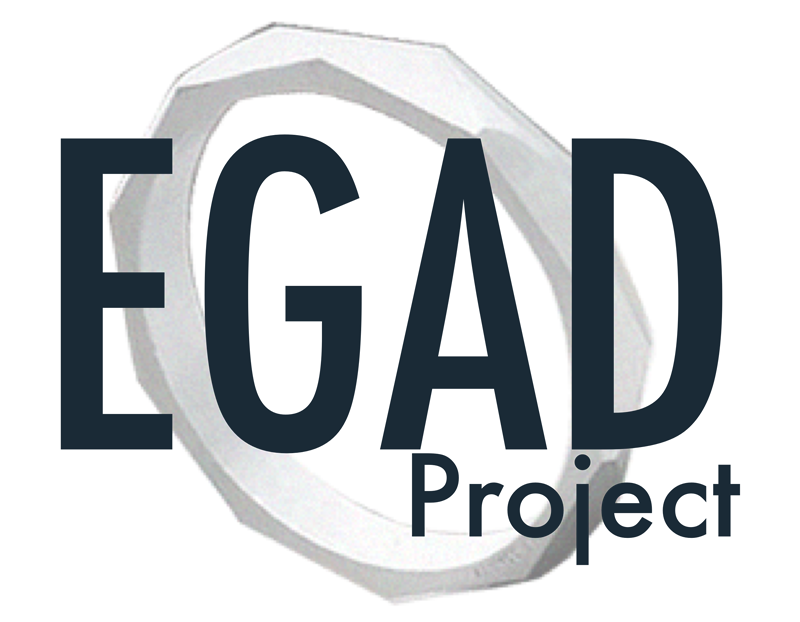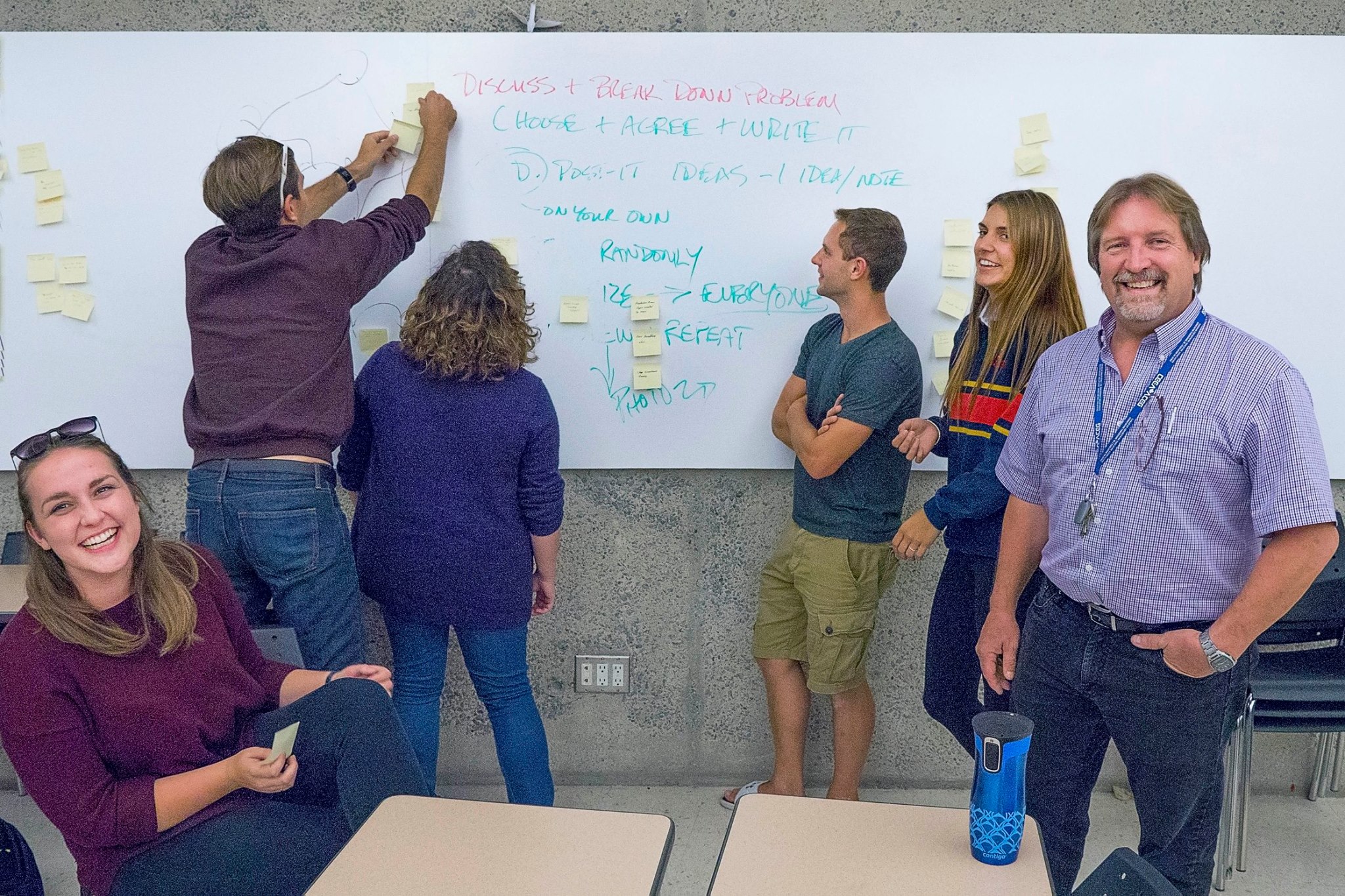Faculty and educators at Queen's University engage in engineering education research to advance the knowledge base of engineering education and to enhance the teaching and learning environment for students.

This is a longitudinal study supported by NSF funding with the goal of expanding and supporting the adoption of empirically-validated instructional methods in undergraduate courses, and improving student learning outcomes in those courses. A network of seven universities, led by Kansas University (KU), will each test a three-year intervention with two major components: a) postdoctoral scholars or faculty leaders in STEM departments helping faculty transform large courses around research-based educational practices, and b) developing communities of scholars around course transformation across departments and across the network of institutions.
The specific aims of the project are to evaluate the efficacy of this intervention model in promoting widespread, sustained changes in teaching practices and culture, and to determine whether the changes in teaching practices are associated with improved student learning and success in transformed courses.
To learn more please visit the TRESLE website.

Engineering Graduate Attribute Development (EGAD) Project is a collaborative effort that is co-sponsored by the National Council of Deans of Engineering and Applied Science (NCDEAS), and Engineers Canada. It is comprised of engineering educators and educational developers from across Canada. The purpose of EGAD is to develop and offer on-line resources and regional workshops to assist Canadian engineering programs to make the transition to outcome-based programming, assessment, and accreditation.

Join us at the monthly seminar series about research and innovation in Science, Technology, Engineering, and Mathematics (STEM) education at Queen’s. This is an opportunity to present current work and learn about interesting activities happening at Queen’s.
Please contact Kimia Moozeh at km297@queensu.ca If you would like to participate and/or present you work.
With support from The Ontario Centre for Articulation and Transfer (ONCAT), Queen’s is leading a project to develop the Engineering Technology Pathway in collaboration with 8 other Higher Education Institutions. This project builds on past research on student transfer experiences, curriculum analysis between Engineering Technology and Engineering programs, and best practices for engineering transfer. Exploration and development is ongoing on this multi-institutional diploma to degree engineering transfer pathway which will efficiently bridge Engineering Technology students into accredited Engineering programs across Ontario. We are working a project for The Ontario Council on Articulation and Transfer (ONCAT) with researchers at Seneca and York developing an outcomes-based transfer framework between two pairs of common engineering and technology programs in Ontario in support of pathways between university and college programs.
Recent reports: Engineering Technology to Engineering Pathway Development (2022)
Queen's is also leading another project by ONCAT to develop a rich understanding of administrators and faculty in engineering and engineering technology programs perceptions on factors relevant to developing and maintaining technology to engineering bridging pathways. The results will provide principles supporting growth of a province-wide technology to engineering pathway in Ontario, with an emphasis on increasing access for marginalized students.
The Postsecondary and Workplace Skills (PAWS) project is a joint project with Mohawk College, the Higher Education Quality Council of Ontario (HEQCO) and the Education Policy Research Group (EPRI), funded in part by Employment and Social Development Canada (ESDC) and HEQCO. Its purpose is to link critical thinking skills in postsecondary education to labour market outcomes.
The objectives are to examine and compare the critical thinking skill level of first- and fourth-year students and to study the relationship between the skill levels of the fourth-year students to labour market success.
The results of this project could inform policy and program development, thereby helping students develop and enhance critical thinking skills.
Extended Realities (XR), which incorporates virtual and augmented reality (VR/AR), can be used to create novel engineering education simulations. This can range from developing a virtual chemical processing plant to simulations focused on developing engineering professional practice skills. One of the most powerful aspects of these simulations is the ability to adapt to the learner. This research focuses on leveraging XR simulation to create an environment where AI and machine learning can be used to assess a student's cognitive load in real time. Utilizing a variety of biological sensors including EEG, fNIRS, and eye tracking, we are able to collect data from learners and pass it through a machine learning pipeline that can be used to estimate key educational parameters including expertise and cognitive load. The goal is to provide an individualized experience for each learner and improve learning outcomes.
This research project aims to develop, implement, and evaluate the impact of AI-automated formative feedback on student open-ended writing responses to complex problems in a first-year engineering design course context.
Using Large Language Models (LLM), students' written text is analyzed to identify missing points, misunderstandings, or reasoning pitfalls in the context of problem definition, modelling, testing and performance and decision making and conclusions. Through a web application, students can obtain automated feedback on their written responses as many times as needed before their official submission.
This project studies how an individual's orientation toward people and things can be measured and used to develop engineering students' propensity to employ human and societal factors in engineering decision making.
Human and societal factors are critical to engineering practices, but often are less developed in engineering education compared to technical and economic factors. However, engineering internships are often associated with maturation and development of broader awareness of professional issues, and virtual reality interventions adaptive to PO/TO measured from biophysiological data will be developed that emulate developmental situations associated with internship.
Smith Engineering offers an established, supportive and vibrant research environment in the field of Engineering Education. If you would like to discuss current opportunities, please get in touch with the following faculty.